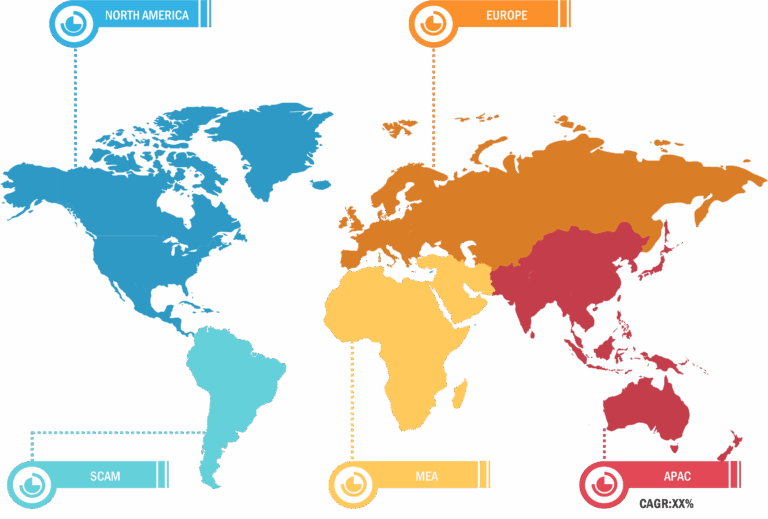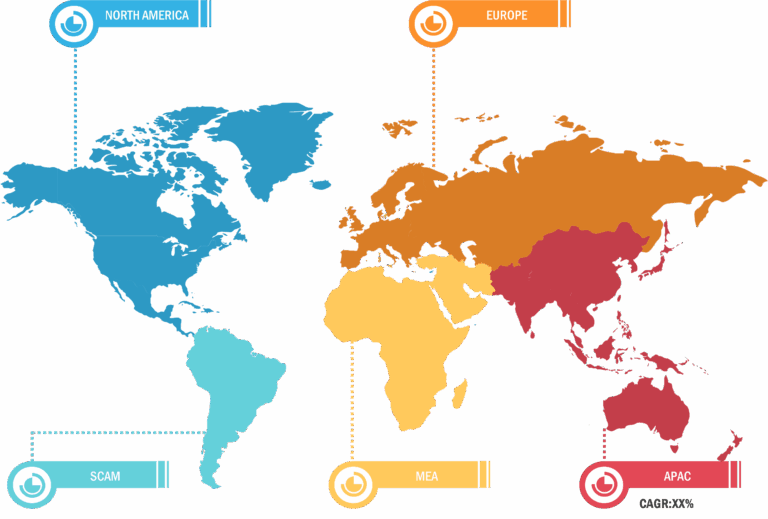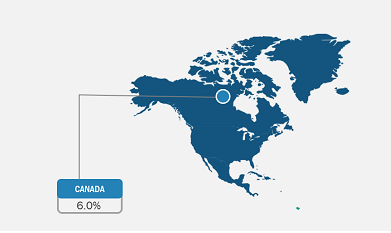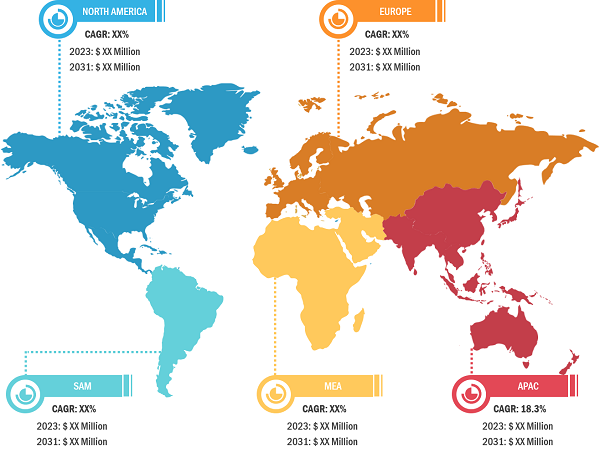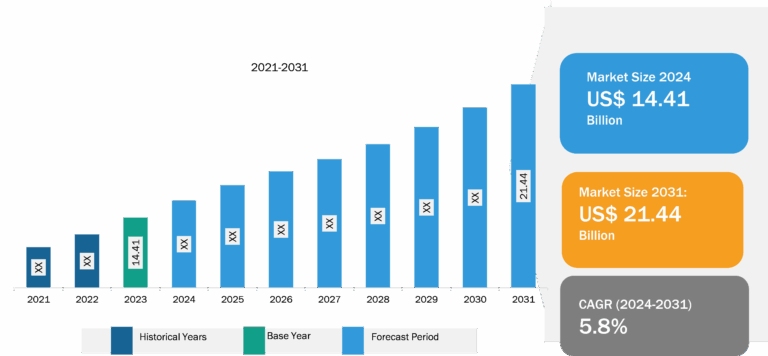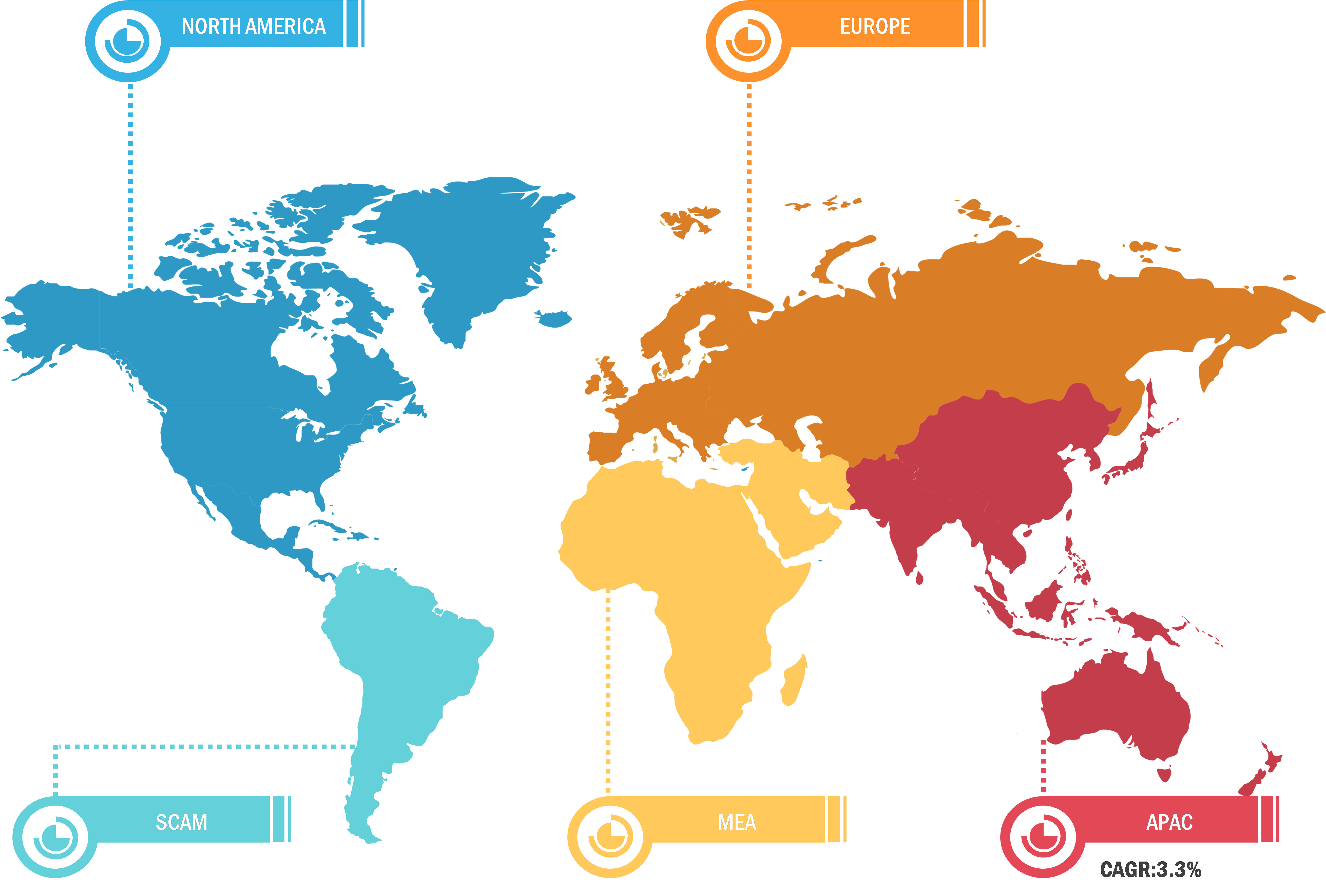
Colorectal Cancer Treatment Market
The growing number of colorectal cancer cases and the subsequent increase in product launches are factors predominently driving the colorectal cancer treatment market size. However, the high cost associated with colorectal cancer treatment in developing countries hinders the market growth.
Increasing Product Launches are Fueling the Colorectal Cancer Treatment Market Growth
Companies operating in the colorectal cancer treatment market focus on strategic developments such as product approvals, product launches, and enhancements, along with expansion and relocation activities. A few noteworthy developments in the colorectal cancer treatment market are mentioned below:
- In November 2023, Takeda Pharmaceutical announced that its oral targeted therapy FRUZAQLA (fruquintinib) received approval from the US Food and Drug Administration (FDA) to treat adults suffering from metastatic colorectal cancer (mCRC). FRUZAQLA is the first and only selective inhibitor of all three VEGF receptor kinases approved in the US for previously treated mCRC, regardless of biomarker status.
- In June 2023, Natco Pharma received new drug approval for Tipiracil Hydrochloride and Trifluridine Tablets from the FDA. This product is a generic form of Lonsurf, which is used for the treatment of colorectal cancer.
- In May 2023, the FDA approved a combination of targeted drugs—tucatinib (Tukysa) and trastuzumab (Herceptin)—for eligible patients, with one criterion being HER2-positive metastatic colorectal cancer. Initially, HER2-positive (a biomarker) was discovered in breast cancer, but it was later discovered in nearly 3–5% of colorectal cancer cases.
- In April 2023, the novel drug combination botensilimab (AGEN1181) plus balstilimab (AGEN2034) was granted a Fast Track Designation by the FDA for the treatment of patients with non-microsatellite instability-high (MSI-H)/deficient mismatch repair (dMMR) metastatic colorectal cancer that has no active liver involvement.
- In January 2023, the FDA approved tucatinib—manufactured by Tuksya and Seagen Inc. Tucatinib is administered in combination with trastuzumab for RAS wild-type HER2-positive metastatic or unresectable colorectal cancer that has been treated before with oxaliplatin-, fluoropyrimidine-, and irinotecan-based chemotherapy.
Thus, such increasing advancements by various market players and growing product approvals are likely to catalyze the global colorectal cancer treatment market during the forecast period.
North America held the largest global colorectal cancer treatment market share in 2022 owing to the increasing number of colorectal cancer, the growing technological advancements, the high prevalence of colorectal cancer among people aged below 50 years, and the presence of key market players involved in new and existing product developments. The US held the largest share of the colorectal cancer treatment market in North America in 2022. As per the data provided by the American Society of Clinical Oncology (ASCO), colorectal cancer is the third most frequent cancer diagnosed in men and women in the US. In 2023, about 153,020 adults were expected to be diagnosed with colorectal cancer in the US. Of these diagnosed cases, 106,970 were new cases of colon cancer, and 46,050 were new cases of rectal cancer. Generally, older adults are more likely to develop colorectal cancer; however, the prevalence of cancer is growing among younger adults, especially among individuals aged below 50. The risk of developing colorectal cancer is about 1 in 22 for men; for women, it is 1 in 24. The ASCO anticipated that about 52,550 deaths would occur due to colorectal cancer in the US in 2023. According to the American Cancer Society (ACS), the 5-year survival rate for confined colon cancer is 91%, and for confined rectal cancer is 90%. According to the Canadian Cancer Society, it is stated that colorectal cancer is the second top cause of death in men and the third leading cause of death in women from the overall cancer deaths reported in Canada. Furthermore, ~24,300 Canadians were diagnosed with colorectal cancer in 2022. It was also expected that approximately 9,400 Canadians died from colorectal cancer in the same year. Moreover, the country is experiencing growth in the proportion of elderly in the population, which is another leading factor in increasing the incidences of colorectal cancer. According to the data released by the Canadian Cancer Society, 1 in 14 Canadian men and 1 in 18 Canadian women are estimated to be diagnosed with colorectal cancer throughout their lifetime. Overall, colorectal cancer mortality rates have continued to decline with better treatment over the past 20 years. Thus, the growing incidences of colorectal cancer are likely to drive the colorectal cancer treatment market growth in the coming years.
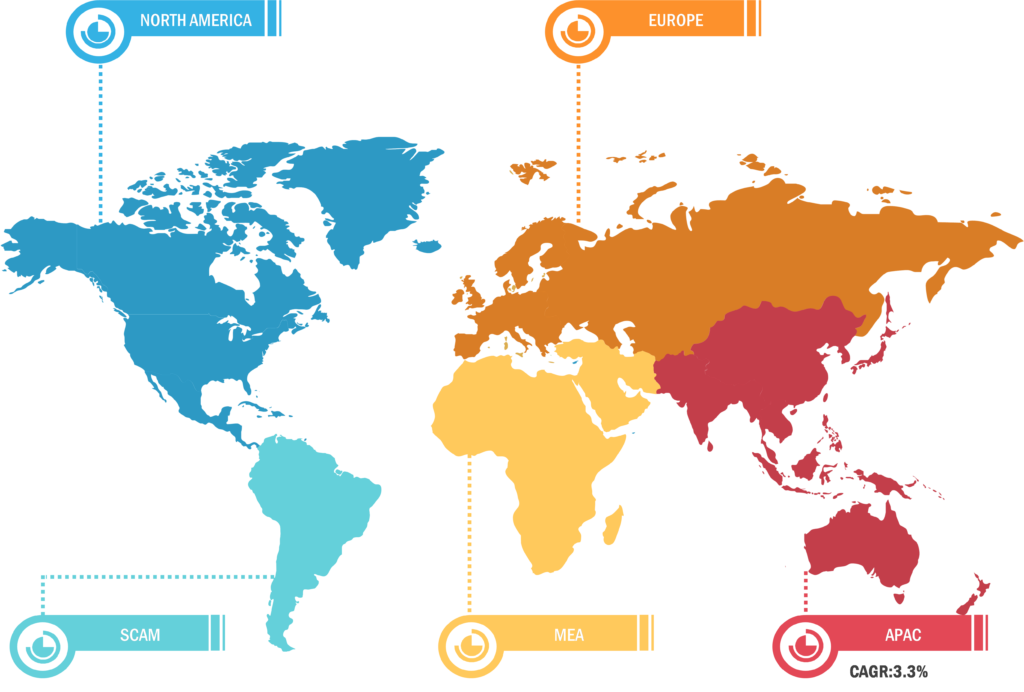
Colorectal Cancer Treatment Market: Competitive Landscape and Key Developments
Genentech Inc, Eli Lilly and Company, Pfizer Inc, Takeda Pharmaceuticals, Bristol Myers Squibb, Merck, Bayer AG, Regeneron Pharmaceuticals Inc, Novartis AG, and Ipsen Biopharmaceuticals Inc. are a few fundamental companies operating in the colorectal cancer treatment market. Market players adopt product innovation strategies to meet evolving customer demands, thereby maintaining their brand names in the market.
A few strategic plans by key players operating in the colorectal cancer treatment market are listed below:
- In December 2023, Bristol Myer Squibb declared that it would discontinue its late-stage trial testing for colon cancer treatment. The trial evaluated a combination therapy in patients who received previous treatment for a kind of colorectal cancer. The company said the therapy did not have any safety concerns and it will be investigated as a treatment for other types of tumors.
- In July 2022, Erasca and Eli Lilly and Company entered into a collaboration for a clinical trial. They signed a supply agreement to evaluate ERAS-601 in combination with Eli Lilly’s anti-EGFR antibody cetuximab. It is currently being evaluated alone and in conjunction with approved and investigational agents across numerous clinical trials that cover multiple tumor types.

